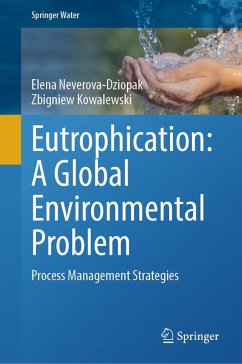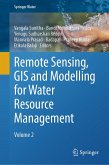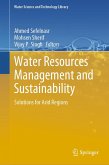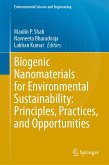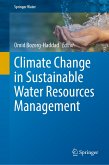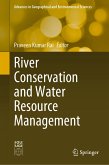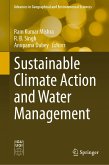This book critically analyzes the reasons for the lack of tangible success in preventing progressing eutrophication and its negative effects as a global environmental problem without a clear solution until now. Particular attention of the authors will be paid to the currently existing approaches to setting the ecological standards for the nutrients content in surface waters and wastewater, the appropriate selection of wastewater treatment technology, the issues of monitoring and trophic status assessment, and the approach to managing this process. Also, the book provides a proposed systemic approach to managing the eutrophication process to mitigate its dangerous ecological, economic, and social effects and to preserve the biospheric functions of aquatic ecosystems.
The target audience for this book - a wide range of specialists in water management and protection, water-and-wastewater technologies, and spatial planning, as well as lawyers and economists for environmental protection, medical workers, upper undergraduate students, postgraduate students, researchers and stakeholders.
Dieser Download kann aus rechtlichen Gründen nur mit Rechnungsadresse in A, B, BG, CY, CZ, D, DK, EW, E, FIN, F, GR, HR, H, IRL, I, LT, L, LR, M, NL, PL, P, R, S, SLO, SK ausgeliefert werden.

